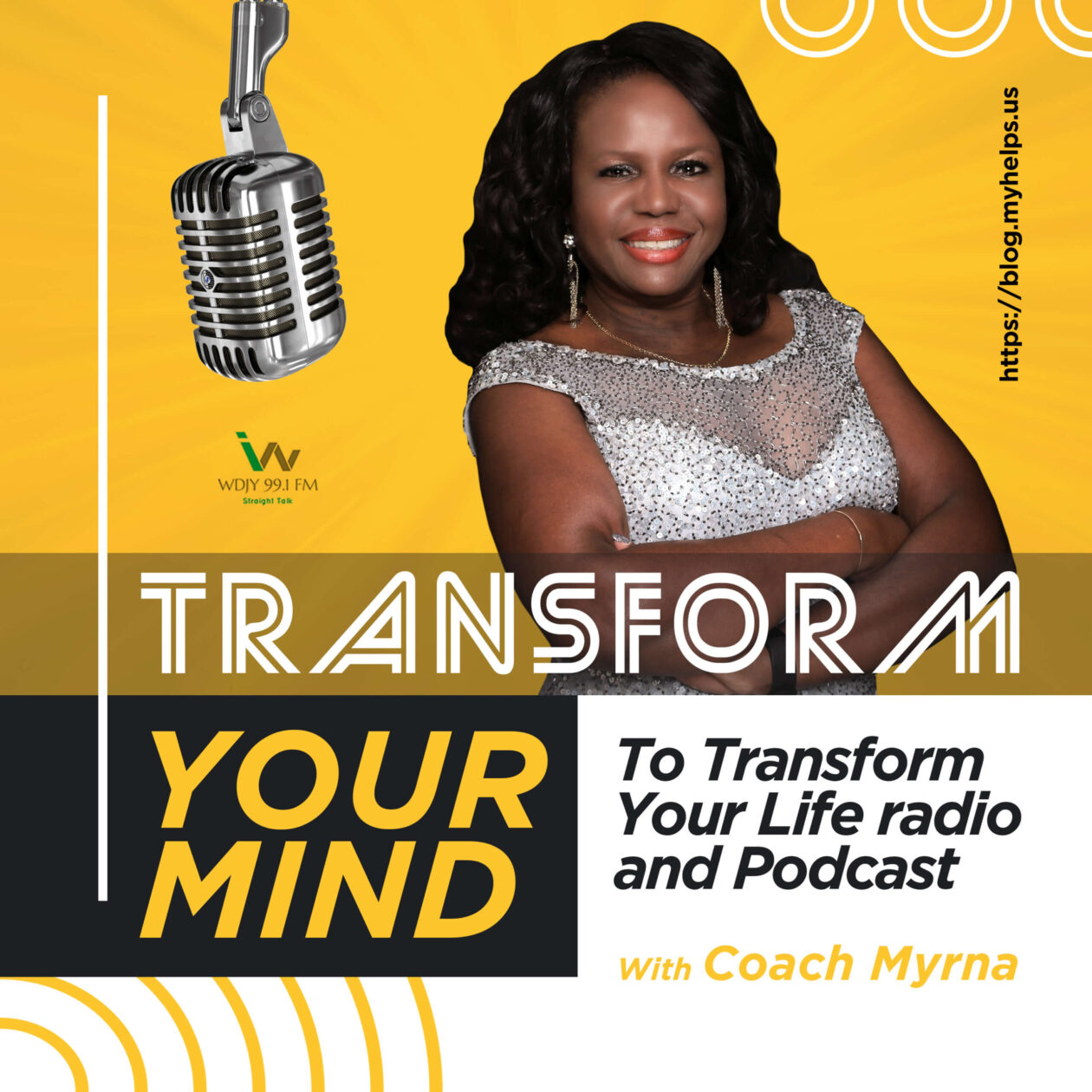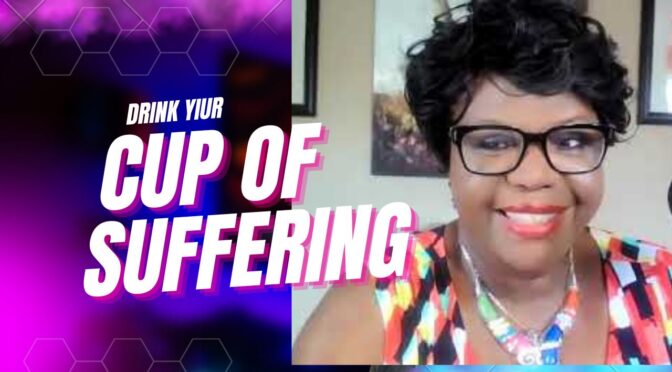In this blog post, I’m exploring the concept of drinking your, cup of suffering, like Jesus did. Jesus asked God to take this, cup of suffering, from him if it is his will. But Jesus had to drink his, cup of suffering, to get to his purpose and destiny.
Suffering is usually the pathway to, personal growth, so you must learn to, embrace pain, and suffering as part of your journey and growth. When you drink your, cup of suffering, you’re able to transform your pain and suffering into something positive. This podcast episode is about finding compassion and strength in the face of difficulty, and it’s something that can be helpful on any journey. If you’re looking for a way to overcome hardship, this episode is for you!
Download the podcast here:
Why Jesus had to drink his cup of suffering
In the garden of Gethsemane Jesus, born with the ability to see his future knew of his impending death. He knew his purpose for becoming God in the flesh was to die for our sins, yet even as a God in flesh he was not looking forward to suffering. The scripture says he became anguished and distressed.
He told his disciples “My soul is crushed with grief to the point of death. He prayed to God his father and asked him to take the, cup of suffering, from him, if it is his will. Then he prayed again and said “if this, cup of suffering, cannot be taken away unless I drink it, then your will be done.
So, let’s talk today about suffering. Most of us will suffer before we die just like Jesus did. The Buddha teaches that we can transcend suffering with our minds.

Embrace your pain and suffering
Let’s imagine that you were just given a diagnosis of stage 4 cancer. So like Jesus you know suffering is coming and maybe even death.
You pray and ask God for a miracle, but at some point, you realize that you have to drink your, cup of suffering.
One of the ways to drink your, cup of suffering, and not choke, is to look at what comes after your suffering.
Jesus knew that he would raise from the dead in 3 days and his suffering was for a purpose. The shedding of his blood was to redeem our sins. So, he made plans with his disciples. He told them “after I have been raised from the dead, I will go ahead of you to Galilee and meet you there.”

Make plans to meet on the other side of suffering
So, if you have been given a diagnosis that could lead to suffering and pain, if you can see yourself healed and maybe taking that trip that’s still on your bucket list. See yourself with family and friends totally healthy and cancer free. That will allow you to be in pain, but not suffer. Suffering is resistance to the now. As Eckhart Tolle teaches the now is already here there is nothing you can do, other than accept it.
All suffering is emotionally created and is due to resistance. If you refuse to go with the flow of life, you will suffer. Suffering is usually for a purpose. You must have deep pain or suffering to be drawn to the spiritual dimension.
And if it is God’s will that you transition to the other side you will still meet up with friends and family who are waiting for you there in heaven.
The Buddha on suffering
Anyone who has had even the briefest introduction to Buddhist teaching is familiar with its starting point: the inescapable truth that existence entails suffering. Buddhist psychology makes a clear distinction between pain and suffering. Pain is an unavoidable aspect of the natural world. It is physical, biological, and social, woven into our existence as night is with day, as inevitable as hard and soft, as hot and cold.
In this human incarnation we experience a continuous ebb and flow of pleasure and pain, gain and loss. Suffering is different from pain. Suffering is caused by our reaction to the inevitable pain of life. Our personal suffering can include anxiety, depression, fear, confusion, grief, anger, hurt, addiction, jealousy, and frustration. But suffering is not only personal.
Our collective suffering grows from human greed, hatred, and ignorance, bringing warfare and racism; the isolation and torture of prisoners; fueling the unnecessary hunger, sickness, and abandonment of human beings on every continent. This individual and collective suffering.
Conclusion
Pain is inevitable part of life, suffering is optional.
Thanks for tuning into this weeks episode of 5 min Fridays with coach Myrna.
Additional Resources

